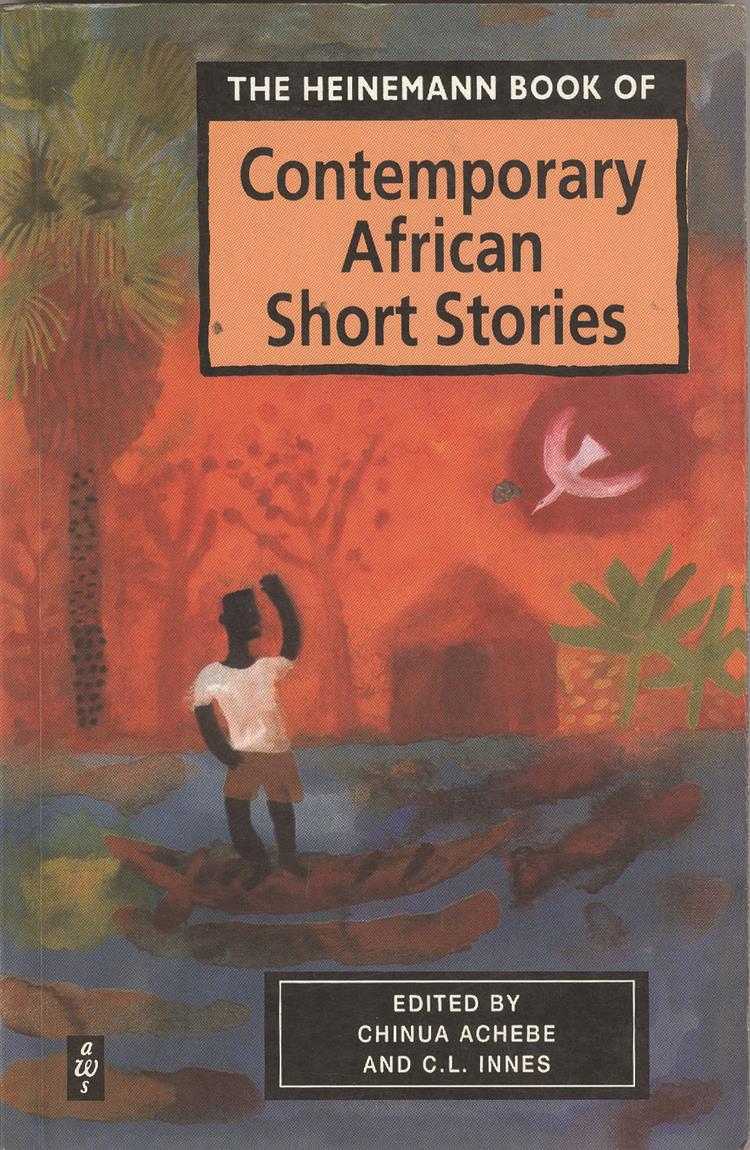
The Sunday Mail

Africa has a rich and diverse cultural background, and what better way to reflect on the lives of people who call it home than in fecund text.
With vast talent that has been producing outstanding literary pieces for decades, there has never been a shortage of interesting reads from African authors. Most of the work is usually based on an individual’s personal experiences, with the writers reflecting on societal issues.
When I read “The Heinemann Book of Contemporary African Short Stories”, compiled and edited by Chinua Achebe and CL Innes, I was taken on a historical tour across the continent, with writers being drawn from 16 countries, with every region represented.
Published in 1992, this book showcases the diverse writing styles and themes by authors from all over Africa.
The stories in the collection might have been written in days gone by, but this impressive body of work remains readable.
Some of the authors experienced both the colonial and post-colonial eras in their countries.
For this review, however, I will not look at all the stories in the collection, but will keep it in the motherland with the exploration of Daniel Mandishona’s “A Wasted Land.”
The story, set in the early ‘80s, has so much detail about the things that were happening both during the liberation struggle and the early years after Independence.
The writer used many literary devices, manipulating the pace to fashion such a broad tragic piece in a few pages. The story is narrated through Bernard, who explores the effects of colonialism, the war of liberation and Independence.
Bernard takes us through the events leading to his father’s suicide just a year after Independence. What is striking is that Bernard’s uncle — his father’s younger brother — had committed suicide by slitting his wrists. And on the day his uncle was set to be buried, his father took his own life in the same fashion.
Although his uncle’s decision to end his life is not established, his father’s ending is influenced by a string of debts, which he accumulated while trying to maintain his family’s status, with business failing as supply routes for his shops were disrupted by the liberation struggle.
Even as the war ends, the debts continue haunting the old man and he takes his own.
The writer uses flashbacks and other literary tricks to keep the reader engaged as the story builds to its climax. Bernard talks about the friends lost during the war and the overwhelming sense of fear as the struggle raged on.
“These people from operational villages spoke of land-mines and dusk to dawn curfews; of the mangled corpses of civilians ‘caught in cross-fire’ and of road blocks manned by sadistic soldiers; of stealthy midnight air-raids that dropped bombs that peeled off skin and burnt the flesh to the bone.
“Raids that flattened whole villages and filled orphanages with children that would grow up without ever knowing who their parents were or what they looked like.”
Despite it being a short story, it is jam-packed with topical issues.



